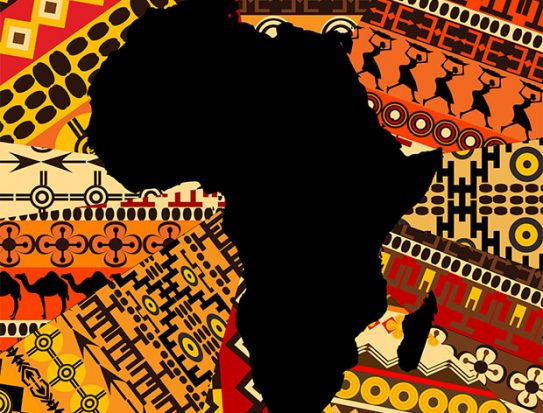Since the end of imperialism, much of Africa has struggled to pick itself up from being under the boot of Western colonial powers. The continent’s reputation has been marred in foreign media by depictions of a near-constant state of famine, warfare, plague, apartheid, and genocide. However, those old charity commercials depicting small straw hut villages with skinny children riddled with flies are far from reality, with many of those charities embellishing details to spur more donations from wealthy Americans. Modern Africa’s state is an underdog story rather than a tragedy, with real strides being made as it turns away from the darker points of its past.
As mentioned in a previous article, China’s New Silk Road initiative involved trade deals that allow Chinese construction companies to help member partners develop their infrastructure rapidly. These deals include most of Africa as well. According to Forbes, this new deal will be responsible for doubling the continent’s population, building hundreds of new cities, and much-needed railroads and roads. Unlike the west, China has seen the potential of Africa and chooses to benefit from it mutually. However, the economic powerhouse’s presence in Africa is more of a symptom of prosperity than its cause.
Rather than needing yet another foreign savior, Africa has made many internal strides. With the spreading of education and moving away from authoritarian governments to democratic ones, many of the barriers to free trade and foreign investment were first laid. What primarily keeps countries like China from investing heavily in another region is the presence of local governments that impose high tariffs and nationalize most industries. In the 1980s, men like Thomas Sankara, the dictator of Burkina Faso, roamed Africa, with them all sharing a strong opposition to imperialism, leading them to oppose all forms of foreign intervention, whether benevolent or not. While heavily influenced by Marxism, many of their policies led to the educational and healthcare strides that would lead to their systems’ eventual dismantling so that free-market models could be spawned. In mirroring with Western free trade deals, Africa’s nations formed the African Continental Free Trade Area (AfCFTA) in 2019.
The AfCFTA has essentially begun removing tariff and tax barriers between its fifty-plus member states, allowing for easier movement of nearly 90% of all goods produced all over the continent. While its major planning has been delayed thanks to COVID-19, it eventually entails the continent’s further enriching.


